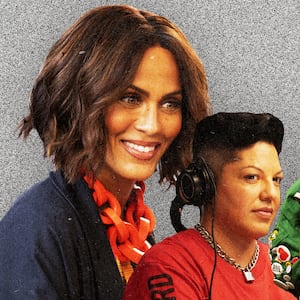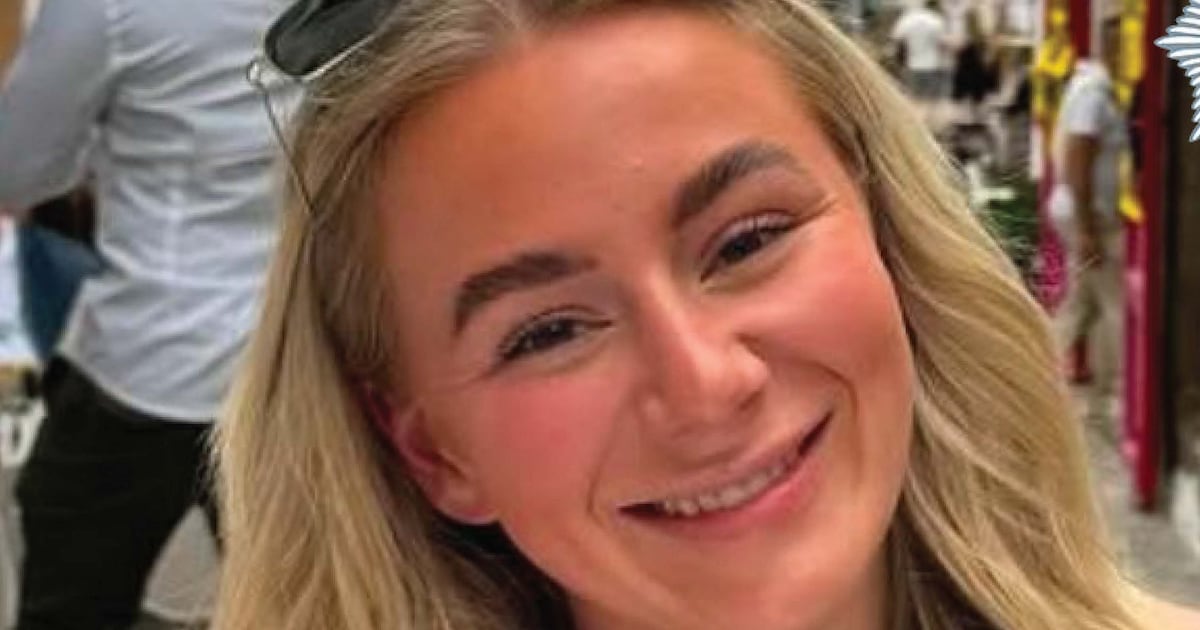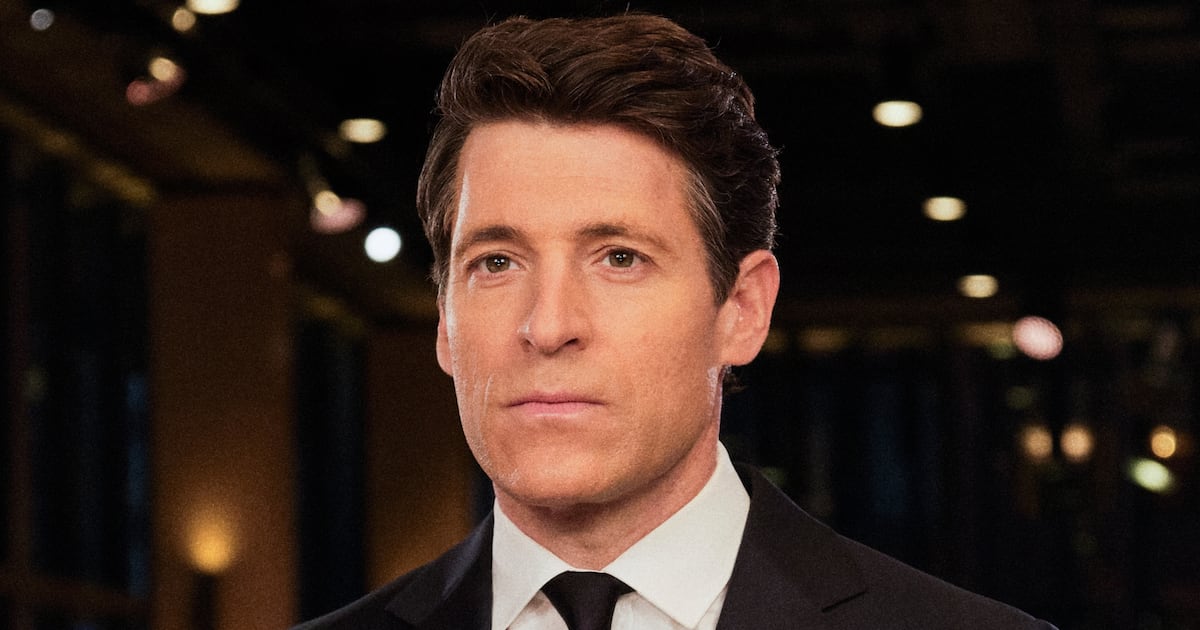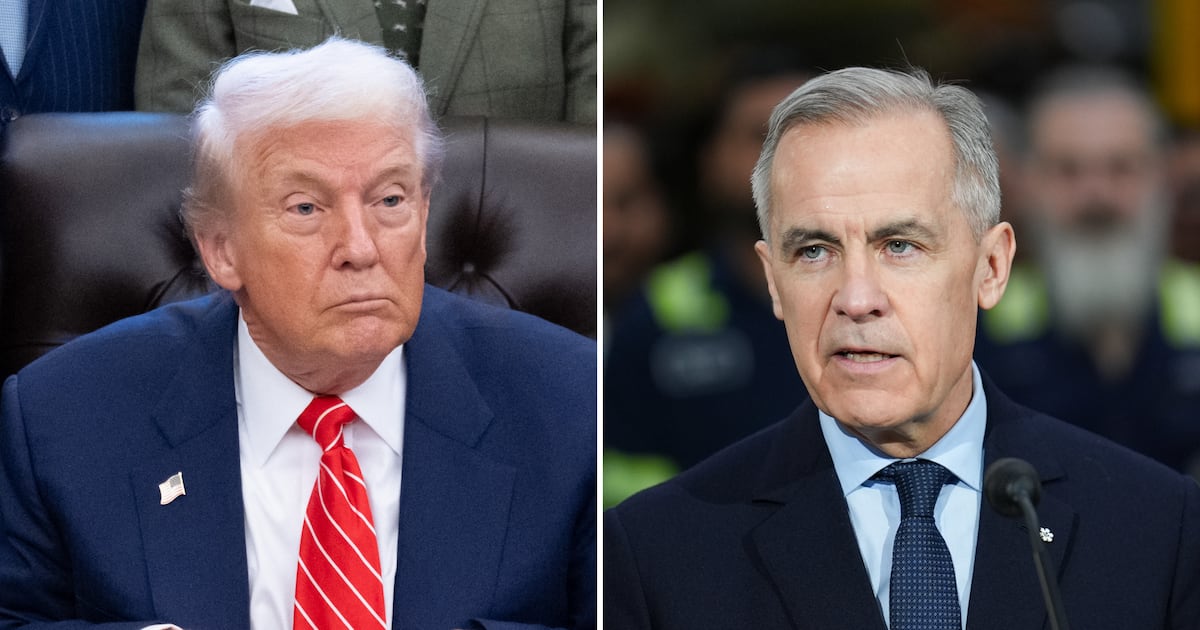I have a Notes app dedicated to what I’d like to text a friend I have not been in touch with since May of this year. You could call what happened to us a “friendship breakup,” but that phrase implies a big blow-up, a dramatic conversation, a fight.
The reality was maddeningly less resolute—after a few months of missed plans, unanswered texts, and a growing feeling that I mattered less and less to them, I just stopped reaching out. The last text I ever sent was a cold “Thanks,” devoid of punctuation, after they sent me an equally chilly, no-caps “happy birthday.”
But sometimes I’ll open up Notes and monolog to them, or the version of them I used to know. I type out what I’d say if life were perfectly scripted, if I could sit across from them at a diner or my kitchen table and tell them how I feel concisely and poetically, without any interruption.
I doubt I’ll ever get the chance to do this. But sometimes, I’ll see their face flash by on Instagram, performing happiness for strangers on the internet, and I smile, and wish them well, and really mean it.
Why do so-called friend breakups hurt more than their romantic counterparts? I am someone who handles “real” breakups only slightly better than John Cusack waiting outside in the rain, but I’ve never quite been hurt by them in the same way I have when friendships end.
There’s a perverted glamour to the rituals of breaking up with a lover—you roll around in your bed, friends bring treats, then you re-download Hinge and try again. But how do you swipe your way to getting a new person who’s been there since eighth grade?
It does not help that TV shows like Sex and the City preach the breeziness of female friendship as a given. Everyone who lives in New York, by the original show’s sitcom logic, has a rolodex of galpals they can call at literally any moment. In the span of one scene cut, they materialize for brunch, or to go along on your fantasy Mexican honeymoon when you’re left at the altar.
In real life, of course, people have jobs and families and budgets and self-care routines that stop their lives from becoming an endless carousel of reservations at buzzy restaurants. But for someone like me, who grew up in the wake of the show’s legacy and spent her early twenties in pre-pandemic New York, I had to learn those unrealities myself. Modern friendship is a stream of DMing memes back and forth. We’re lucky if we hang out, in real life, twice a month.
The series’ new reboot, And Just Like That is a more muted portrayal of friendship. The inimitable Samantha Jones, played by Kim Cattrall, is off in London, no longer friends with Carrie Bradshaw after a falling out that hints at a supposed real-life feud between Cattrall and Sarah Jessica Parker.
Samantha’s absence is felt from the very first scene. Cynthia Nixon’s Miranda Hobbes gargles out an awkward “she’s no longer with us,” when asked why the publicist isn’t out with her usual crew. She hasn’t died, but she is a ghost—or at least, is ghosting Carrie, who sits by her phone and grieves unanswered texts.
In a SPOILER pretty much everyone knows about by now, Samantha does send Carrie a very chic floral arrangement, which gets draped over Big’s casket after his Peloton heart attack. But other than that, zilch.)
“This show gives us a chance to see a friend breakup on screen,” Jennifer Keishin Armstrong, the author of Sex and the City and Us: How Four Single Women Changed the Way We Think, Live, and Love, told me. “We don’t normally see it dramatized, even still, which I think is partially due to how we continue to de-prioritize friendships. We don’t see friend breakups as important enough to, say, build a TV show or movie around, even though they can be profoundly dramatic and significant.”
When doing her research for the book, a therapist told Armstrong that “she actually had clients who felt anxiety because their friendships weren’t as strong as the women’s was on Sex and the City.”
Being fictional characters who exist at the complete whim of creator Michael Patrick King meant the women didn’t have the pesky familial responsibilities or true-to-life work responsibilities. They could drop everything for each other, continuously, and show up for their friends in the way the rest of us can only really do in times of true crisis.
Things have changed in the reboot. The women have husbands, some have children, and the group has drifted apart with time. It reminds 39-year-old superfan Mary Higham, who watched the original as it aired when she was a high school and college student, of her own lapsed friendships.
“The people I would have talked to about the show back [during its original run] are in completely different places now,” Higham, who lives in New York, said. She remembers a college roommate who would plan her class schedule around the show’s airtime, because DVR did not exist yet.
Later, when they had graduated and the first film came out, Higham and the friend “made a whole date out of going to see it.” They started the day at a spa, then got a fancy dinner, and then dressed up “in designer jeans” and went to the movie theater. The same thing happened for the second movie, even though by that time Higham saw her friends less and less. “We said, ‘you and me, we’re doing this movie together. Done. Happening. One hundred percent. The show created an event for people to look forward to, even years later.”
Higham says she hasn’t seen her friend, who is now married with kids and off in another state, for at least three or four years. But it was a given they’d text their thoughts on And Just Like That back-and-forth. “We don’t talk often, but I said, ‘Oh my god, did you see?’” Higham explained. “She’s like, ‘Don’t spoil it for me!’ So I told her to hurry up and watch it, and then text me. So much happens in 20 years, but the show has that longevity that it can still bring us together.”
The Samantha-Carrie friend breakup mines the much-needed drama to sustain a plot point, but Higham appreciates the fact that the show depicts how friendships can just end—and it’s no one’s fault. “We as women are taught to hold onto our friendships for life,” she said. “Friends are friends forever. But there are a lot of women I’m no longer friends with, but I’m not not friends with them, you know? It’s just that at a certain point, it becomes harder and harder to stay in touch. Someone who may have been my best best friend at 18 or 25 is not a huge part of my life anymore, throughout its different stages.”
Caroline Vazzana, a writer and stylist, made a career out of fashion for herself because she loved Sex and the City so much as a teenager.
“I was 17 watching it and thinking: ‘I want to have friends like this,’” Vazzana, who is now 29, said. “Everyone’s doing cool things, and they’re surrounding themselves with inspiring women—and men like Stanford—who uplift them and help them succeed. But definitely as I get older, I find that I have a really small group of friends. I wish I could do the Carrie thing and always be with them, but it’s hard with real life. I wonder first of all, how does she have so many female friends? And how does she see them all of the time?”
“The show isn’t really about sex,” Vazzana said, paraphrasing Charlotte York’s (played by Kristin Davis) famous “Maybe our girlfriends are our soulmates and guys are just people to have fun with” line. “Sure they date, but if the show was named after what it’s really about, it would be ‘friendship in the city.’ That’s why Samantha’s absence is so tough. She’s a huge part of the story.” But friendship looks different for everyone, and sometimes it’s not all Cosmos and clinking martini glasses.
Vazzana added that “regular breakups”—the romantic kind—are often associated with “a woman picking herself off the ground and reinventing herself.” But what’s the cliché with friend breakups? We stare at our phones and wait for texts that don’t come. We find ourselves without anything to do on a Friday night we would be spending with them. The healing is quieter, and closure isn’t always guaranteed.
I actually still use my ex-friend’s HBO Max account to watch And Just Like That. Every time I login, I see his name pop on the screen. Watching this show has been the closest I’ve felt to him in months. I wonder if he knows I’m still signed in, and I wonder if the Carrie-Samantha thing makes him think of me, too.
Maybe someday I’ll ask him. Until then we both exist to each other as faces on a screen, scrolling past each other as we go on with our lives.







